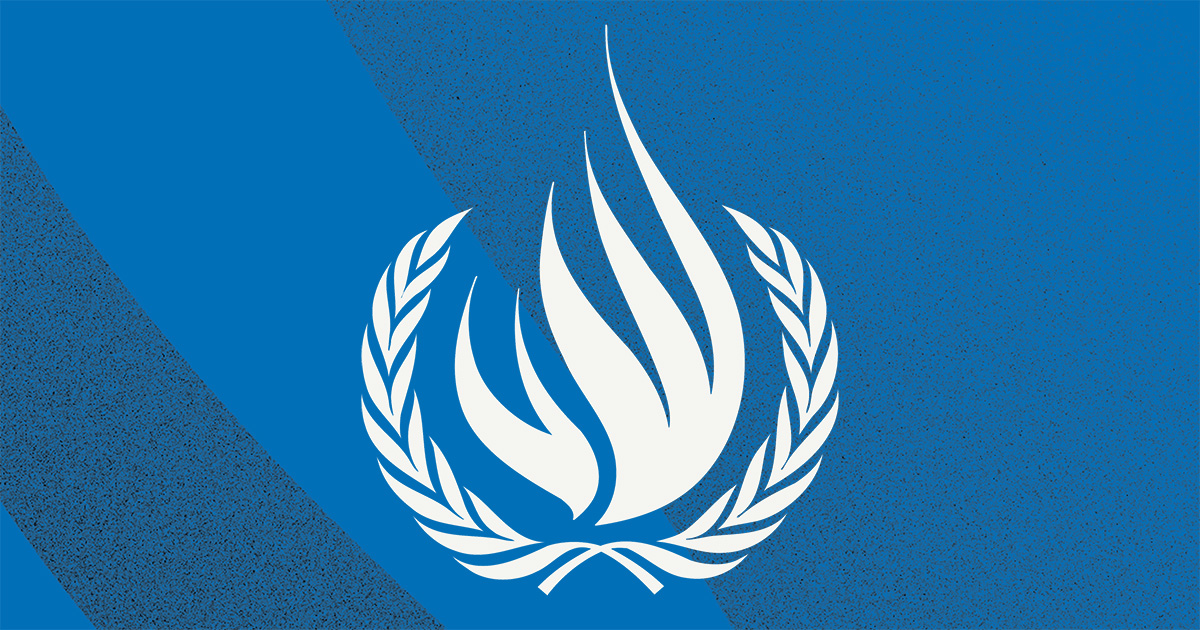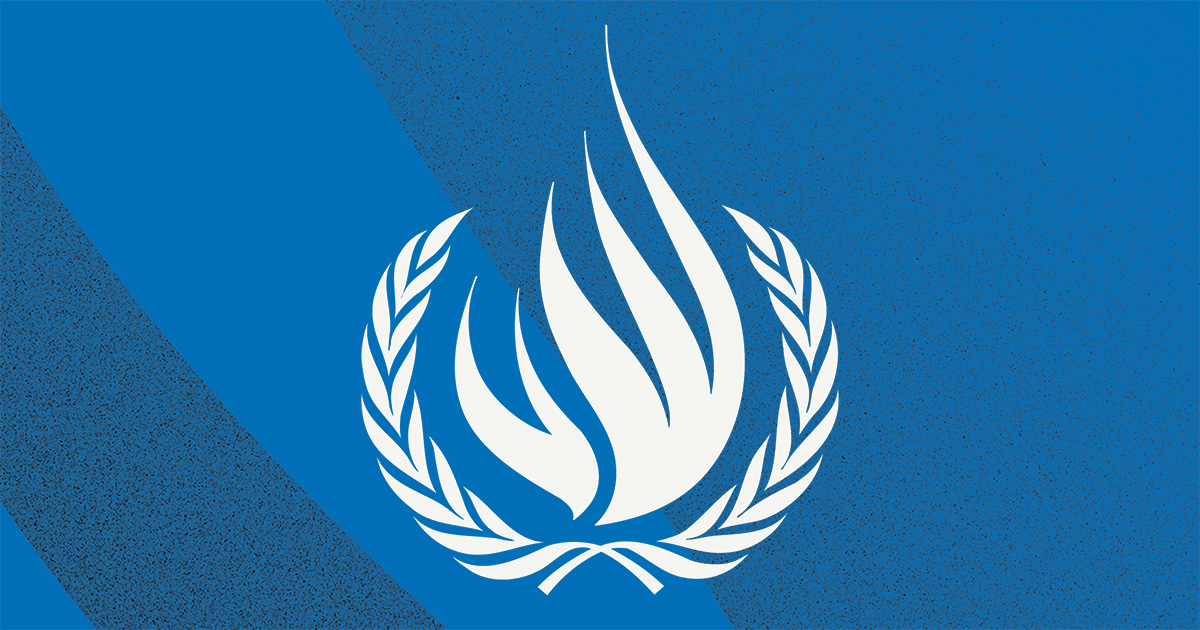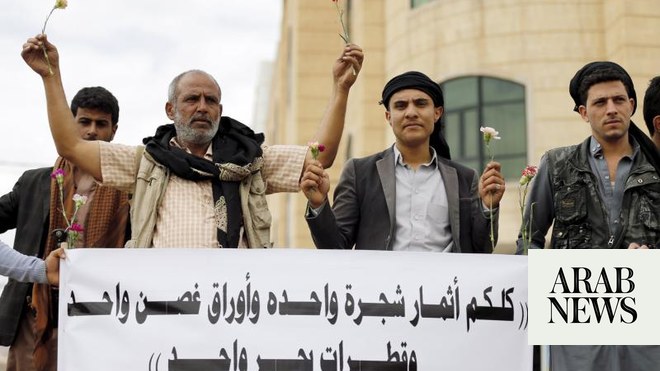
GENEVA (1 August 2022) – UN experts* today called for the immediate release of Iftikhar Boudra, a Libyan woman arrested in Benghazi four years ago, and demanded that authorities provide her with urgent medical treatment after she suffered various forms of violence during her detention.
“We are gravely concerned about the sexual, physical and psychological violence to which Ms. Iftikhar Boudra has allegedly been subjected since her arrest,” the UN experts said.
In 2021, the United Nations Support Mission in Libya (UNSMIL) documented a consistent pattern of human rights violations disproportionately affecting women in detention centres in the country, although they make up the minority of all detainees. The reported cases of abuse and exploitation include inhuman conditions of detention, widespread torture, including sexual violence, and a critical lack of healthcare for detainees.
“The deprivation of liberty and violence she has been enduring is deeply gendered with the intention to both punish her for expressing her opinions but also to set an example for other women that may express similar opinions in the future. It is also an example of an abuse of power of her vulnerability as a woman in prison who suffers from a precarious health situation” the experts said
They added that women activists who experience intersectional forms of discrimination are more vulnerable to discriminatory rules and practices
“Iftikhar Boudra’s arrest counts among a number of cases of women who have been targeted for their political beliefs and activities and is a demonstration of the specific barriers and challenges women face in exercising their freedom of expression” they said.
This was further reinforced by the findings of the Independent Fact-Finding Mission on Libya in its recent report. Iftikhar Boudra was allegedly targeted for advocating against the lawlessness and militarization of the State in eastern Libya on social media and criticizing actions carried out by General Haftar’s armed group.
The experts expressed grave concern about the recurring prosecution and conviction of civilians by military courts in eastern Libya, including women and children and warned that they were in direct violation of Libya’s international and national legal obligations.
“The incommunicado detention and ill-treatment of Iftikhar Boudra, the violence to which she has allegedly been subjected and the consequences of these inadequate detention conditions on her physical and mental health and life constitute grave human rights violations,” the experts said.
“We call on the Government of Libya to release Ms. Iftikhar Boudra and provide her the immediate medical care and treatment she needs to recover from a series of grave injuries that were inflicted on her in prison,” the experts said. They also called for psychological and other forms of support, as well as the provision of specific services to address the harms resulting from sexual violence she was subjected to in detention.
Despite some progress, human rights abuses are rampant in Libya. Since the ceasefire in October 2020, violations of human rights and international humanitarian law by armed groups as well as different armed units operating as State agencies have continued unabated. UNSMIL has documented killings, enforced disappearances, sexual violence, including rape, arbitrary arrests and detentions, torture, attacks against activists and human rights defenders, and hate crimes.
“Addressing widespread impunity and ensuring justice for victims is crucial, since non-state armed groups consistently fail to take effective measures to prevent and punish infringements,” the experts said.
They emphasised the State’s obligations under a strong international legal framework, including the Convention on the Elimination of all Forms of Discrimination against Women, the Convention against Torture and Other Cruel, Inhuman or Degrading Treatment or Punishment, the International Covenant on Civil and Political Rights, as well as the International Covenant on Economic, Social and Cultural Rights.
ENDS









